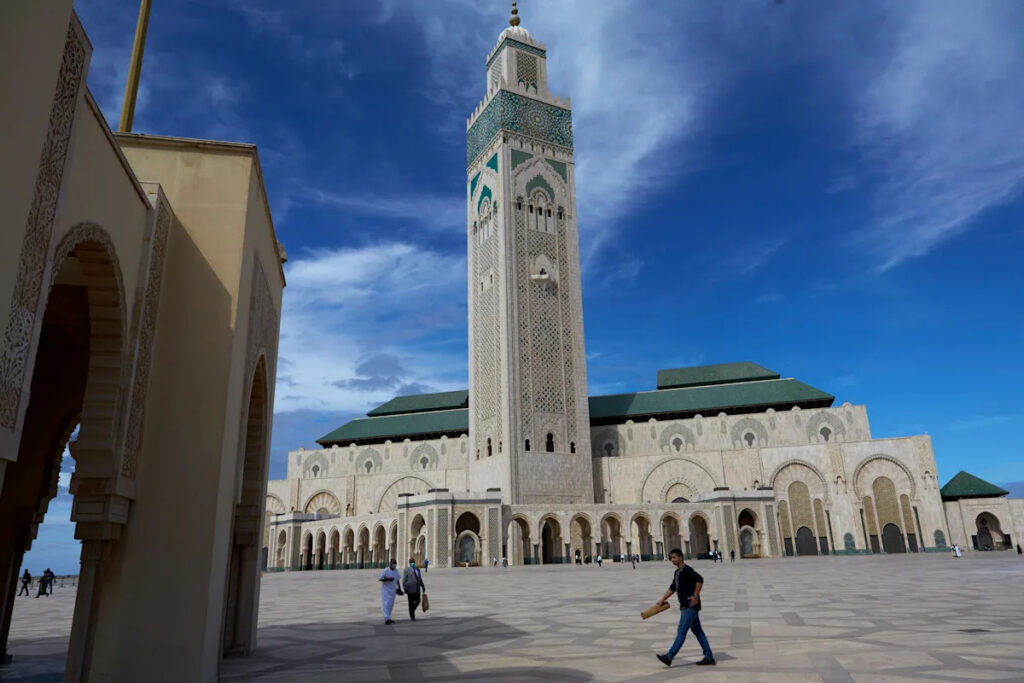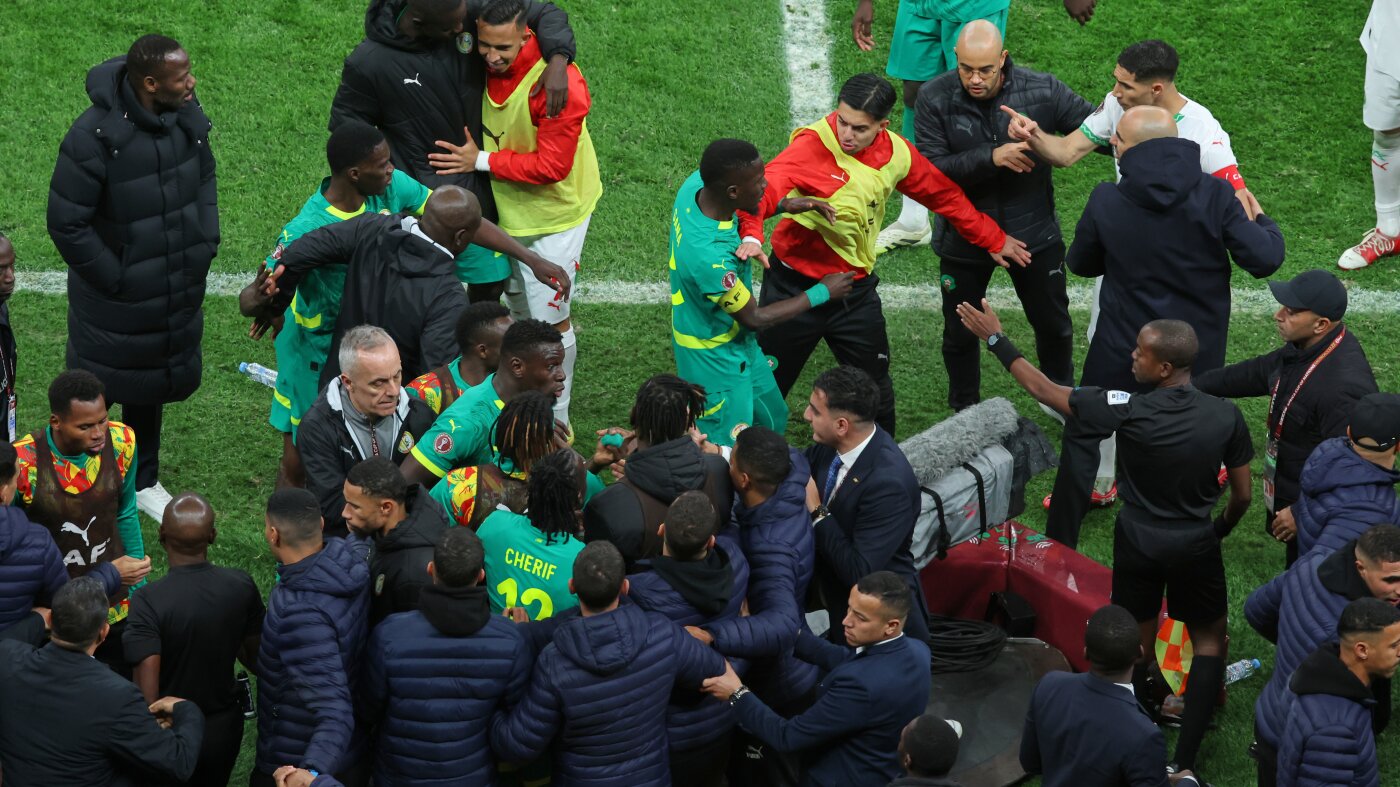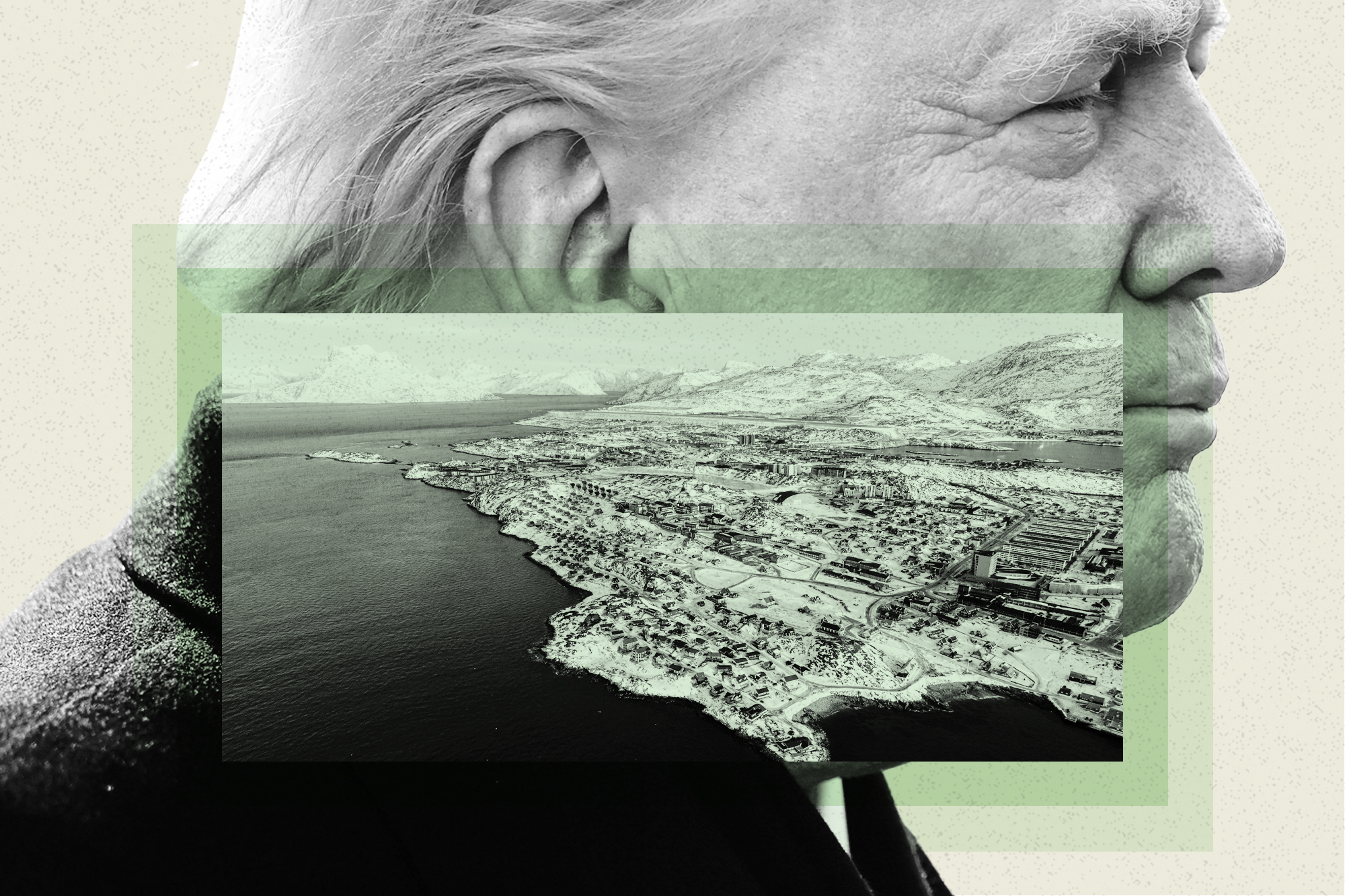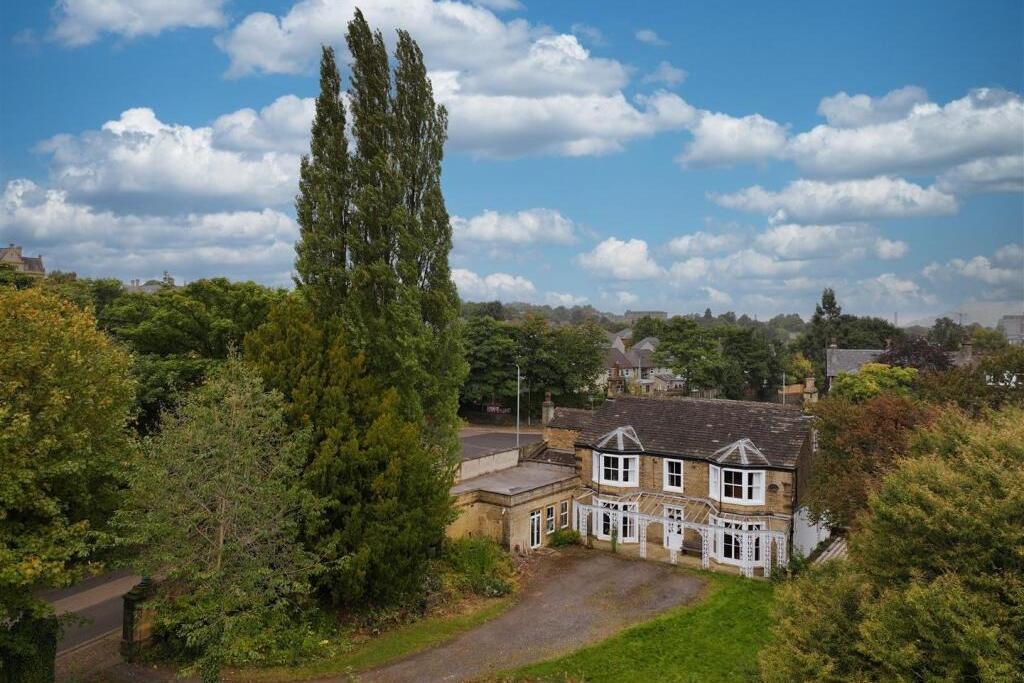
In a significant response to recent protests, religious leaders across Morocco urged young people to engage in public affairs during Friday sermons. This call to action comes in the wake of a deadly youth uprising that demanded improved social and economic conditions, particularly as the government has been criticized for prioritizing sports infrastructure for the upcoming 2030 World Cup over essential public services.
Government-Directed Sermons Address Civic Duty
Worshippers gathered at mosques nationwide, including a notable congregation in Rabat, where the imam delivered a sermon emphasizing the importance of raising children to participate in civic life. “One of the most important things we should care about is raising children to participate in the managing of public affairs,” he stated, urging a sense of national duty among the youth. This message resonated with many, given the context of the protests organized by the anonymous group known as Gen Z 212.
Although the sermon did not explicitly reference the protests, it was interpreted by some as a government strategy to redirect the youth’s focus towards civic participation rather than dissent. In recent years, sermon content in Morocco has increasingly been standardized by the government, a trend observed in several countries in the region. Critics argue that this practice turns religious teachings into state propaganda.
Government Initiatives Following Protests
In response to the unrest, government officials acknowledged the grievances of young activists and encouraged dialogue. Last week, in a Cabinet meeting chaired by King Mohammed VI, several initiatives aimed at enhancing youth engagement in politics and job opportunities were announced. These measures include a proposed bill simplifying election candidacy requirements for individuals under 35 and offering financial support that would cover 75% of their campaign costs.
The 2026 budget draft also indicates a commitment to social investment, with a record allocation of $15 billion (approximately 140 billion dirhams) designated for health and education. This funding aims to create 27,000 jobs, upgrade 90 hospitals, and enhance the overall quality of education in the country.
Despite these encouraging developments, weekend protests saw lower participation than anticipated. Only a few dozen individuals turned out for a demonstration in Casablanca, suggesting that the government’s recent efforts may not have fully resonated with the youth.
The Moroccan Association of Human Rights reported that over 1,500 individuals are facing prosecution for their involvement in the protests. In a notable legal decision, an appeals court in Agadir sentenced 33 defendants to a cumulative total of 260 years in prison for charges related to vandalism.
While some young participants express hope that the sermons will genuinely promote civic engagement, others remain skeptical. An 18-year-old college student, who attended a protest in Casablanca, remarked, “I sincerely hope the real purpose behind these sermons is to support young people’s participation in public affairs, not to guide or restrict them.” He emphasized the need for transparency and actionable support beyond mere rhetoric.
Dr. Driss El Ganbouri, a researcher specializing in religious affairs, noted that the state employs a dual discourse towards its citizens, balancing religious messages with official policies. He also pointed out that many feel sermons have not adapted to the evolving political and social landscape of Morocco, with preachers facing repercussions for diverging from state-sanctioned narratives.
As Morocco grapples with the aftermath of recent protests, the call for youth involvement in public affairs highlights a critical juncture for the nation’s future. Whether the government’s initiatives and the religious community’s exhortations can successfully channel youthful energy towards constructive civic engagement remains to be seen.







